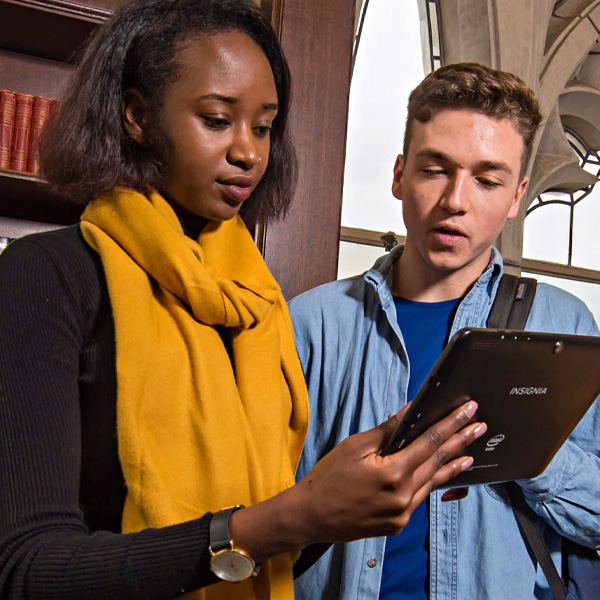The PhD program in the Department of Infectious Diseases and Microbiology prepares students for competitive research and teaching careers in academia, government agencies, and private industry. Our PhD students complete coursework that emphasizes the fundamentals of pathogen biology, immunology, cell biology, and molecular biology, which provides the necessary educational basis to conduct independent research mentored by our faculty.
Simon Barratt-Boyes
Professor and Director of PhD program
2133 Public Health
412-383-0625
smbb@pitt.edu

